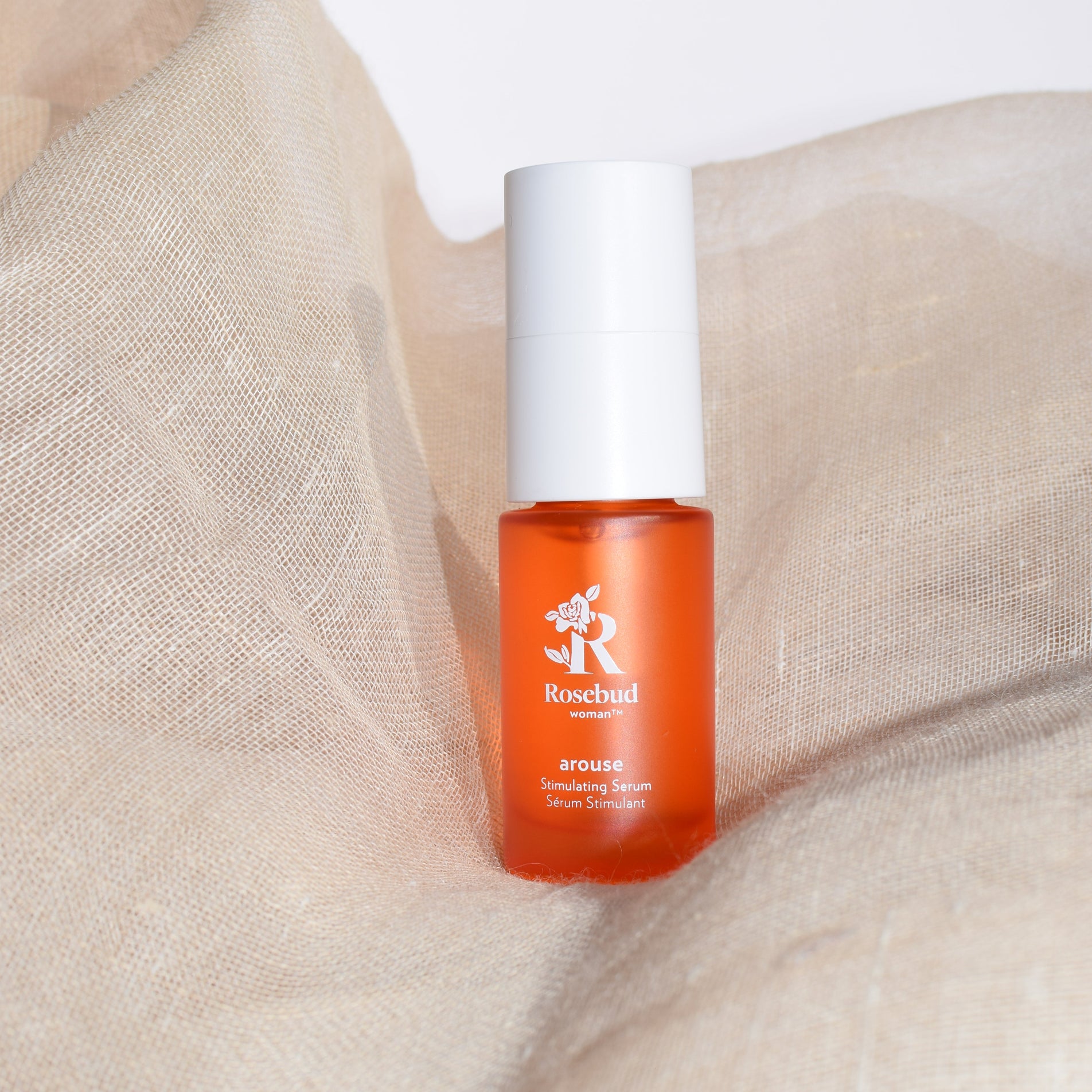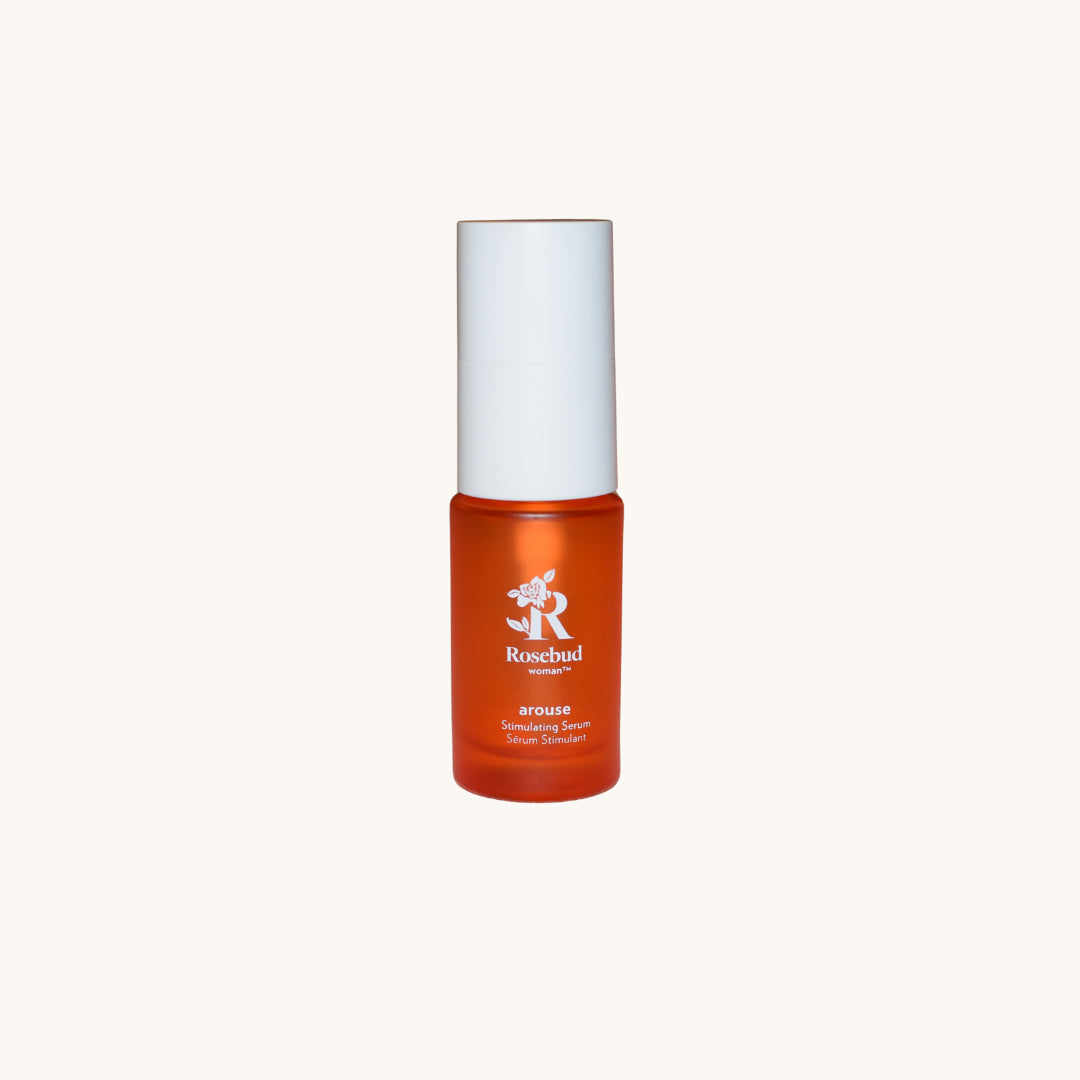Pleasure and Prohibition
The Western perspective on pleasure, particularly its prohibition, is woven from various religious, philosophical, and social threads- and the result is often repression that makes our pleasure come out sideways.
The Judeo-Christian Bible often associates pleasure, especially of a sexual nature, with sin and temptation. The tale of Adam and Eve in the Garden of Eden stands out as a poignant example, linking knowledge, temptation, and pleasure with humanity's fall from grace. As Christianity evolved, especially during the medieval period, there was a growing emphasis on asceticism. The renunciation of worldly pleasures was seen as a pathway to spiritual purity, with celibacy and self-denial often celebrated as virtues.
Parallel to religious teachings, ancient Greek philosophy also played a role in shaping Western views on pleasure. Stoicism, a school of thought that gained prominence in ancient Greece, championed the virtues of self-control and moderation. For Stoics, excessive pleasure was not just a distraction but a potential barrier to rational thought and behavior. While other Greek philosophies, like Epicureanism, celebrated pleasure, the Stoic emphasis on restraint left an indelible mark on Western thought.
The rise of capitalism in the West brought new attitudes towards work, duty, and pleasure. Sociologist Max Weber famously linked the growth of capitalist societies to the Protestant work ethic. This ethic, emphasizing hard work, discipline, and thrift, often positioned pleasure and hedonism as secondary, if not outright, distractions from one's duty and work.
Historical medical and scientific beliefs further complicated the Western relationship with pleasure. The Victorian era, for instance, was rife with theories about the supposed dangers of certain pleasures, especially masturbation. Such beliefs, often presented under the guise of scientific fact, led to widespread measures to curtail or prevent these practices.
Beyond religion and science, prohibitions against pleasure have also been social and political control tools. By regulating and dictating personal behaviors, especially those tied to sexuality, societal institutions could exert a more substantial influence over individuals. This form of control is evident in historical laws and norms, particularly those related to LGBTQ+ rights and women's rights.
In addition, the economic landscape of consumerist societies has created a unique tension around pleasure. While consumerism inherently promotes acquiring goods and the pleasures they promise, there's an underlying narrative cautioning against excessive indulgence, painting it as wasteful or irresponsible.
But we know that it never stays hidden when something is pushed down or repressed. Instead, it comes out sideways. Repression of our innate desires and urges leads to distortion. When natural inclinations are suppressed, they don't vanish but rather manifest in unexpected and sometimes detrimental ways. This is akin to pressing down on one end of a seesaw and watching the other end rise with equal vigor.
A more balanced and conscious approach to our desires is afoot.
Modern psychology and therapy have been instrumental in this shift. Since the days of Freud, the field has delved deep into the ramifications of repression. Today's therapists and counselors assist individuals in understanding, accepting, and expressing their suppressed feelings and desires in healthy ways, leading to improved mental and emotional well-being.
The sexual revolution of the 1960s and 1970s, coupled with the ongoing advocacy for LGBTQ+ rights, has significantly challenged societal norms around repression. These movements champion accepting and celebrating a spectrum of sexual orientations, identities, and expressions.
Furthermore, Eastern philosophies and practices, such as mindfulness and meditation, have found a growing audience in the West. These methodologies emphasize self-awareness, acceptance, and balance, enabling individuals to face and comprehend their desires rather than stifling them.
With the rise of social media and online platforms, the digital age has also played a pivotal role. These platforms have facilitated open conversations on topics once considered taboo, from mental health to sexuality, fostering a culture of acceptance and understanding.
There’s even an emerging field called “Pleasure Activism” - pleasure as a way of valuing ourselves, where we say, "I deserve to feel good, to experience joy, and to live a life that resonates with my soul." For those who are marginalized or oppressed, taking pleasure in one's existence becomes an act of resistance. Finding joy and pleasure in simply being is a radical act, a political statement of "I am here, I matter, and I deserve joy."
Introspection and self-awareness can help us find our personal right relationship with pleasure. Engaging in self-reflection can help individuals understand the origins and influences of their desires and urges.
While the shadows of repression loom large, influenced by societal norms and personal histories, the contemporary era offers tools and perspectives to challenge and navigate this terrain.
By embracing self-awareness, seeking guidance, and fostering open dialogues, we can tread the delicate path between repression and expression, leading to a more authentic and fulfilling existence.
Let’s embrace joy, seek out what makes us feel alive, and use that energy to make choices that align with our true selves.
























